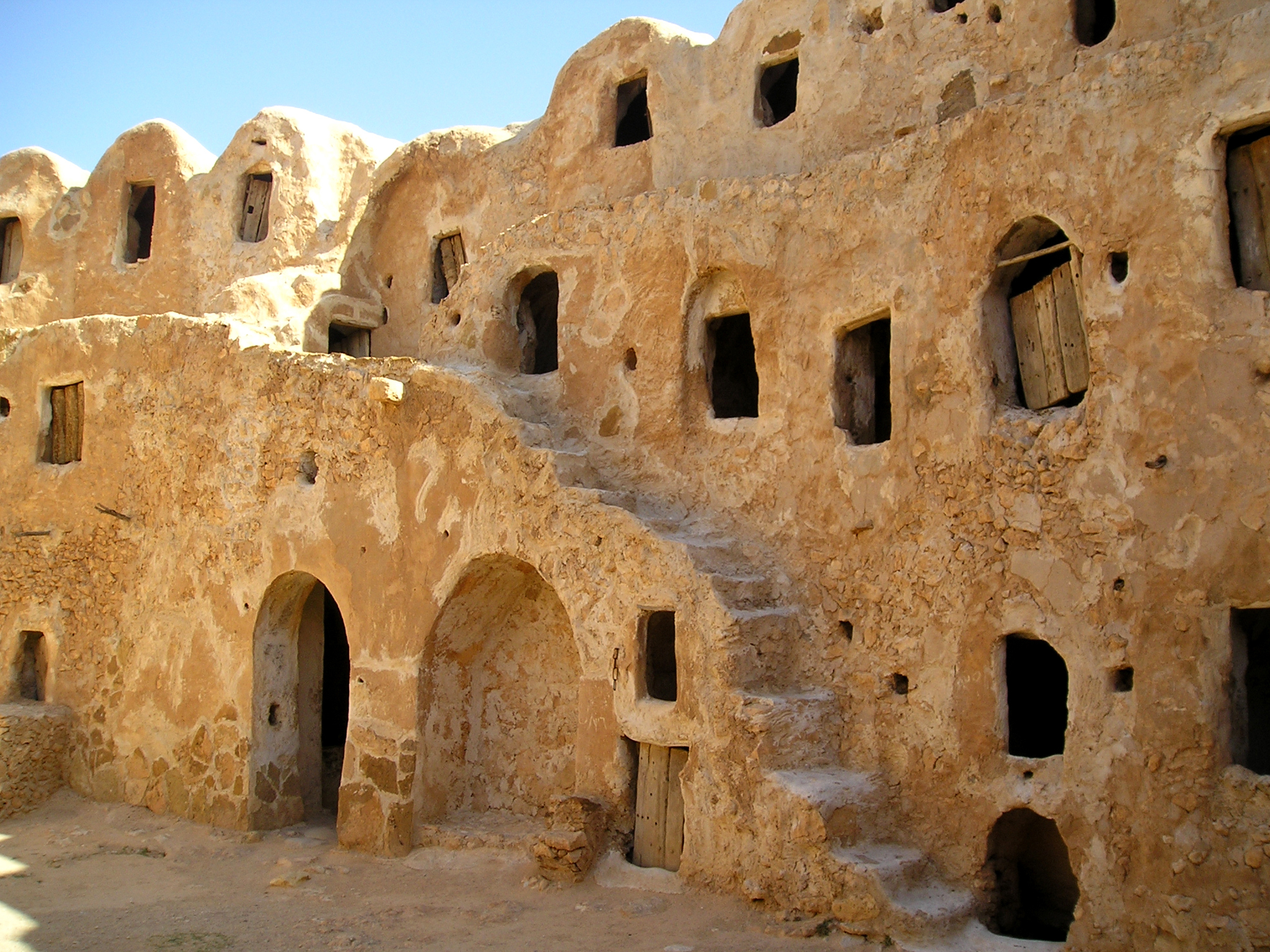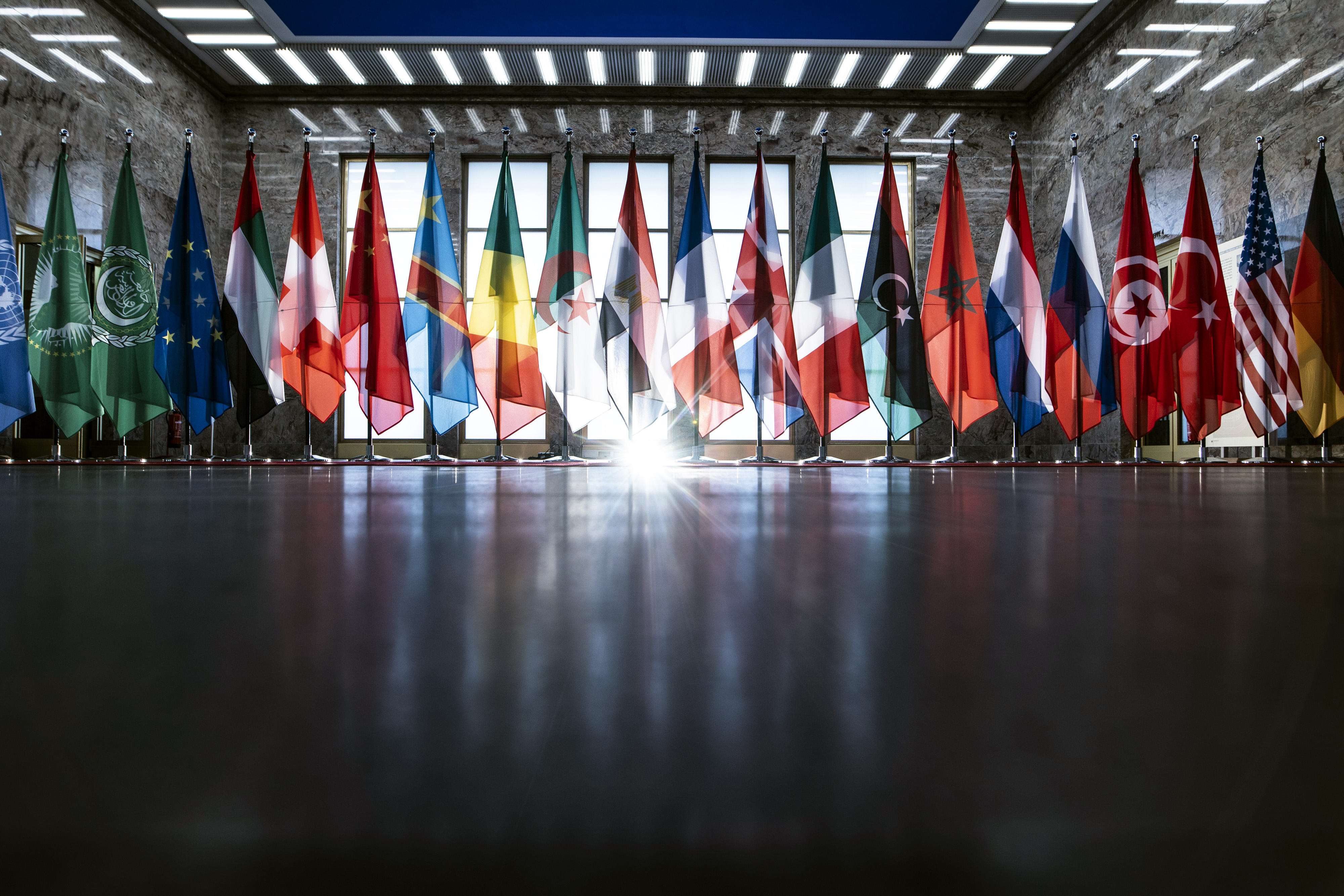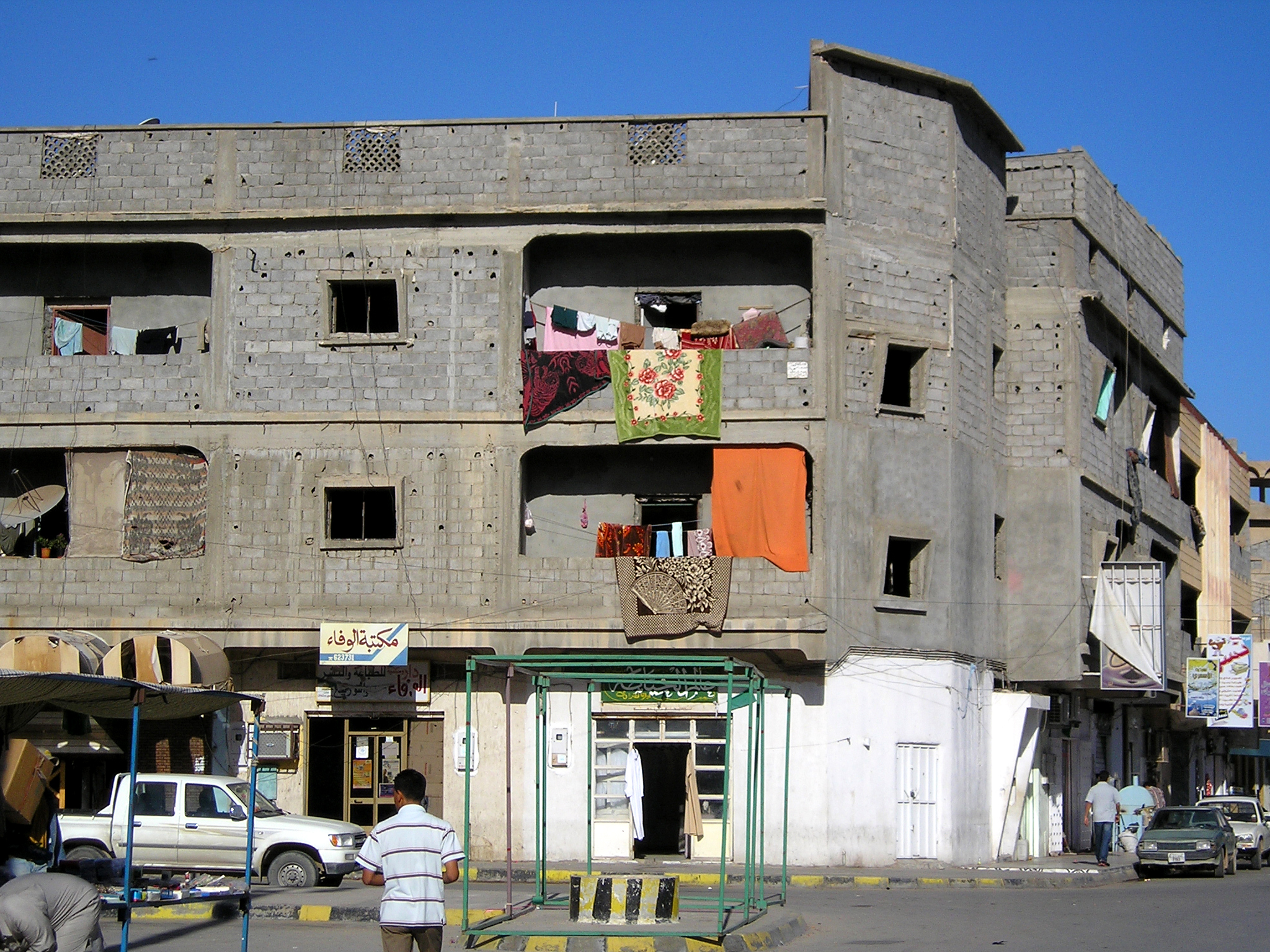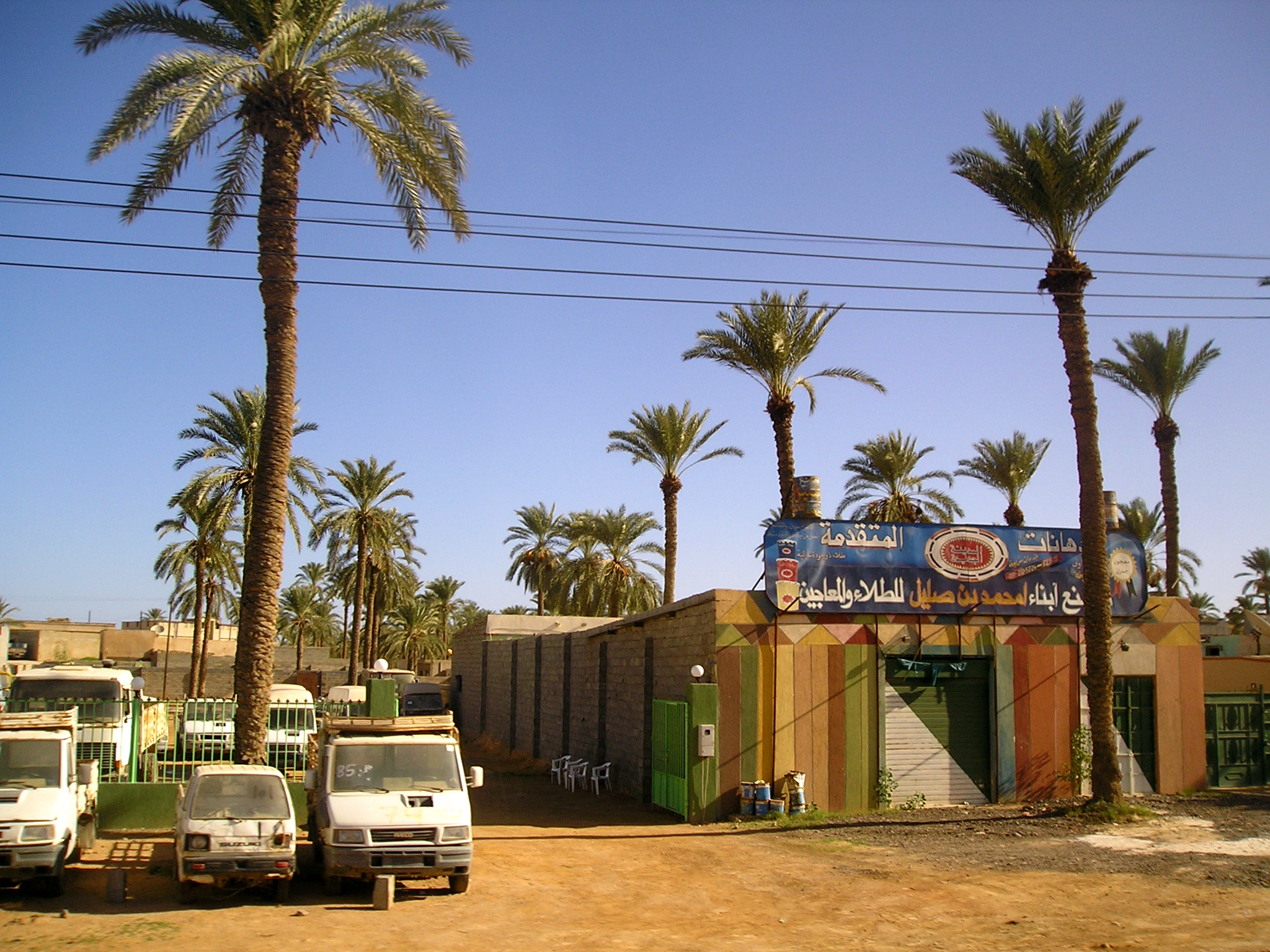Fortified granary Qasr al Hadj, Libya
Copyright© Frederique Harmsze, via flickr, CC BY-NC-SA 2.0
Libya
Together with the international community (European Union, United Nations), Germany supports Libya in building peace, building democratic institutions and implementing political and economic reforms. The objective is to achieve political, economic and social stability in Libya and facilitate free and fair elections.
The Federal Ministry for Economic Cooperation and Development’s (BMZ) interest in engaging in development cooperation with Libya – despite the challenging context – is based on three main aspects:
- Migration management:
Every year, migrants from different countries try to enter the European continent via Libya. Some of them are successful, others lose their lives trying to make the dangerous journey across the Mediterranean. Many are repatriated to Libya where they face very difficult living conditions. Through its interventions the BMZ is engaging to improve the economic situation on the ground and facilitate access to services that address basic needs in order to sustainably improve the living conditions for the Libyan people and for migrants in the country and create new opportunities. - Strengthening institutions and decentralised structures:
In 2020, Germany initiated what is known as the Berlin Process to support UN mediation efforts in Libya. The aim is to find a political solution to the conflict in Libya together with the international community and Libyan representatives and to complete the democratic transition process. In this context, the BMZ is promoting efforts to strengthen Libya by developing effective and transparent institutions, especially at the municipal level in order to contribute to stabilising the country and making it more resilient. - Economic relations:
From an economic perspective, it could be of interest for Germany to intensify its cooperation with Libya provided the institutions involved on the partner side are legitimately elected. The North African country has large oil and natural gas reserves. It is in close geographical proximity to Europe and offers significant potential for renewable energy. The BMZ’s engagement is supporting Libya in its efforts to develop the private sector, achieve a lasting reduction of unemployment rates, especially among young people and women, and provide better jobs and higher incomes.
German development cooperation with Libya
Libya is a “nexus and peace partner” of the Federal Ministry for Economic Cooperation and Development (BMZ). Cooperation with these partner countries focuses on the structural causes of conflict and migration and supports the restoration of peace and stability.
The BMZ advises the government and the administration on reconstruction and on creating effective state structures and also strengthens civil society, above all women and young people. As Libya has significant income from oil exports, financing of the required infrastructure lies to a large degree with the country itself.
The BMZ’s commitment covers the following key areas:
- Municipal development:
Strengthening citizen participation in municipalities to advance an efficient decentralisation. Improvement of living conditions in 30 municipalities situated along key migration routes, e.g. by establishing waste disposal services for 700,000 people, increasing drinking water quality for 1.1 million people, setting up women’s and youth centres, providing better schooling for 100,000 children. - Social empowerment of women and youth:
More than half of the Libyan population is under 30. Most young people and especially women are excluded from social and political participation however, and there are virtually no state or civil society structures for empowering them. Projects are being run in six municipalities to train youth multipliers, set up youth centres, and support programmes in 16 public training institutions on inclusive entrepreneurship. - Health care services:
Improvement of health care for 347,000 people, establishment of rapid response teams and emergency committees in 15 municipalities, psychosocial support for 10,000 children, improvement of maternal and neonatal health. - Renewable energies and environmental protection:
Support for the decentralised use of solar energy to prevent power outages and alleviate conflict over energy supply. Capacity building for climate adaptation at the national and local levels.
The BMZ provided Libya with funding of 23 million euros in 2024. With commitments of 202.8 million euros since 2015, Germany is the second-biggest development donor, after the USA. The development projects themselves are implemented by GIZ and by UN and non-governmental organisations. Since 2022, cooperation is once again being directed from Tripoli.
SDG trends for Libya
- On track or maintaining SDG achievement
- Moderately improving
- Stagnating
- Decreasing
- Trend information unavailable




















